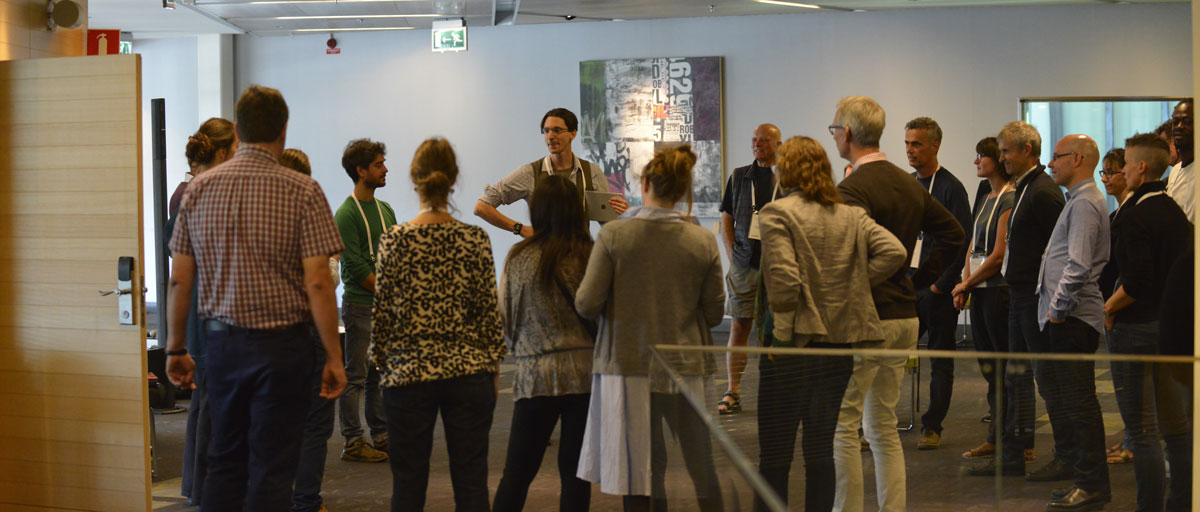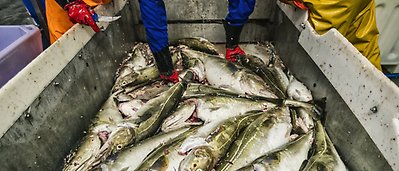Principles for knowledge co-production in sustainability research
Summary
Research practice, funding agencies and global science organizations suggest that research aimed at addressing sustainability challenges is most effective when ‘co-produced’ by academics and non-academics. Co-production promises to address the complex nature of contemporary sustainability challenges better than more traditional scientific approaches. But definitions of knowledge co-production are diverse and often contradictory. We propose a set of four general principles that underlie high-quality knowledge co-production for sustainability research. Using these principles, we offer practical guidance on how to engage in meaningful co-productive practices, and how to evaluate their quality and success.







